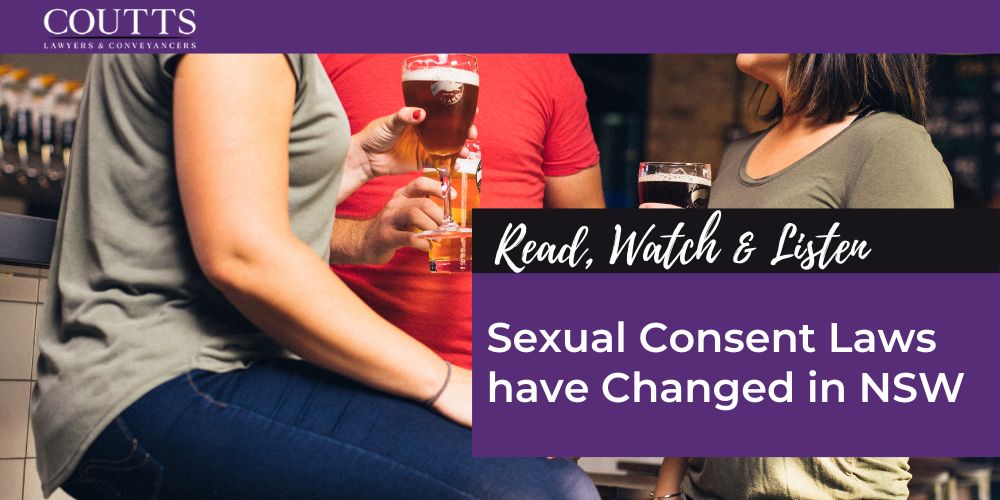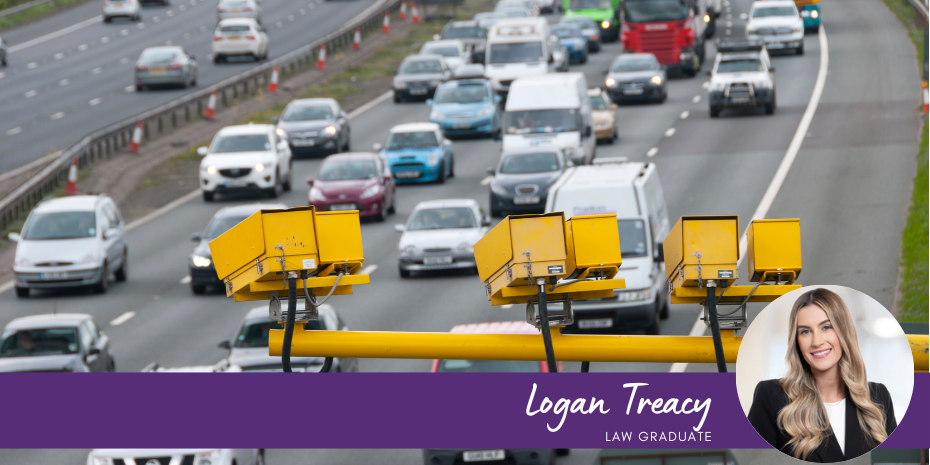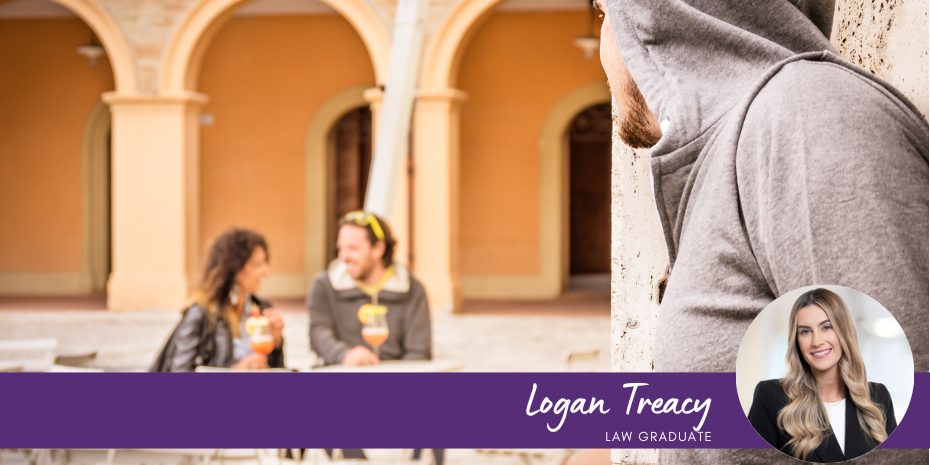KEY TAKE-OUTS
- The new affirmative consent laws came into effect on 1 June 2022
- The reforms simply sexual consent laws and debunk common myths regarding consent and sexual assault
- Every person has a right to choose whether or not to participate in a sexual activity
- Consent is when persons “freely and voluntarily agree” to engage in a sexual activity at the time of the activity
- Consent to a sexual activity cannot be presumed and consent can be withdrawn at any time
- Consensual sexual activity involves ongoing and mutual communication, decision-making and free voluntary agreement between the persons participating in the sexual activity
When did the NSW Consent Laws Change?
In November 2021, the Crimes Legislation Amendment (Sexual Consent Reforms) Act 2021 (‘Sexual Consent Reforms Act’) passed NSW Parliament. The legislation came into effect on 1 June 2022 and applies to any offence committed, or alleged to have been committed, on or after 1 June 2022.
In this blog, we outline the key changes that have been made to the Crimes Act 1900 by the passing of the Sexual Consent Reforms Act, outline various factors that negate or may negate consent, and debunk common myths associated with sexual assault cases. If you haven’t read our previous blogs on the topic, however, we recommend that you first check out our blogs ‘Changes to Sexual Assault Laws and the Definition of Consent’ and ‘Plan for a Shake-Up to NSW’s Sexual Consent Laws’.
What is Consent in NSW?
Consent to a sexual activity, is the free and voluntary agreement to a sexual activity at the time of the activity. Consent involves ongoing and mutual communication and can be given through words or actions.
What is Not Consent in NSW?
The newly introduced section 61HJ sets out a non-exhaustive list of the circumstances in which a person does not consent to a sexual activity. This includes, but is not limited to:
- Where a person does not have the legal capacity to consent i.e. they are under the age of 16 years old or they are under a mental incapacity
- Where a person is substantially intoxicated by alcohol or another drug
- Where a person is unconscious or asleep
- Where a person is coerced into the sexual activity, whether by force, fear of force, or fear of serious harm of any kind, including fear or harm to animals or property
- Where a person participates in the sexual activity because the person is overborne by the abuse of a relationship of authority, trust, or dependence
- Where a person participates in the sexual activity with another person because the person is mistaken about the identity of the other person or that the person is married to the other person
Under the new sexual consent laws in NSW, if a person consents to a particular sexual activity, this does not mean that the person has consented to other sexual activities, whether on the same or on other occasions.
A person may also withdraw consent at any time, either before or during the sexual activity.
How do you Prove that an Accused Person Knows Consent Has/Hasn’t Been Provided?
The newly introduced section 61HK sets out the circumstances in which an accused person is taken to know that another person does not consent to a sexual activity.
It also provides that an accused person cannot have a reasonable belief that another person consented to a sexual activity unless the accused person said or did anything to find out whether the other person consents. This means a person can no longer assume someone is consenting because they don’t say ‘No’ or physically push the other person away. This also means that consent cannot be presumed, and consent cannot be inferred through silence or unresponsiveness.
In applying the ‘reasonable belief’ test to make a finding about a person’s knowledge of consent, all circumstances of the case are considered, except the level (if any) of self-induced intoxication of the accused person. This places the responsibility on the perpetrator to ensure they have received consent.
There are some exceptions, however, provided for in the new Section 61HK which provide that an accused person will be excused from requesting consent where the accused can show at the time of the sexual activity that they had a cognitive or mental health impairment, provided ‘the impairment was a substantial cause of the accused person not saying or doing anything’.
For consent to be provided, a person must say or do something to indicate that consent has been given. Consent also must be provided at the time of the act and for every sexual act. If a person does not say or do anything to communicate consent, then no consent has been provided. This has been implemented to recognise the freeze response that commonly occurs to victims of sexual assault and related trauma.
There are some exceptions, however, provided for in the new Section 61HK which provide that an accused person will be excused from requesting consent where the accused can show at the time of the sexual activity that they had a cognitive or mental health impairment, provided ‘the impairment was a substantial cause of the accused person not saying or doing anything’.
Other Changes Enforced by the New Consent Laws.
In addition to the above changes, jurors who sit on sexual assault trials will also be provided with five new directions to assist jury members to understand the complexities of sexual offending and will be especially targeting at debunking rape myths and common sexual assault misconceptions.
Did you know?
- You are more likely to be sexually assaulted by someone you know
- You can be sexually assaulted by your spouse
- It is sexual assault even if the victim does not resist or say no
- Sexual assault can occur without the victim’s knowledge
- A victim does not need to physically resist a perpetrator for an assault to occur
- A victim does not need to sustain physical injury or have been threatened with physical injury or violence for sexual assault to occur
- There is no typical or normal response to non-consensual sexual activity
If you have been charged with sexual assault it is important to seek legal advice early. If this applies to you, please contact our office for an initial consultation to discuss your matter by calling our office on 1300 268 887 or emailing us at info@couttslegal.com.au to speak with a member of our team.
If you are a victim of sexual assault, you may have remedies available to you outside the criminal justice system. If you want to know more about your rights under the civil legal system, contact our office for a free initial consultation with a member of our personal injury law team by calling our office on 1300 268 887 or emailing us at info@couttslegal.com.au
Please note, that the content of this blog is based on the law of New South Wales. If you have been charged with an assault offence and you are accessing this blog in a state or country outside New South Wales, Australia, we recommend that you seek formal legal advice from your applicable jurisdiction.
If you are a victim of sexual assault and in distress, please contact one of the below helplines for support.
- 1800 RESPECT (1800 737 732) – A confidential 24-hour helpline for people who have experienced sexual assault and domestic violence
- NSW Sexual Violence Helpline (1800 385 578) – A 24/7 telephone and online crisis counselling for anyone in Australia who has experienced or is at risk of sexual assault, family or domestic violence and their non-offending supporters.
For further information please don’t hesitate to Contact Coutts today.
This blog is merely general and non-specific information on the subject matter and is not and should not be considered or relied on as legal advice. Coutts is not responsible for any cost, expense, loss or liability whatsoever to this blog, including all or any reliance on this blog or use or application of this blog by you.



